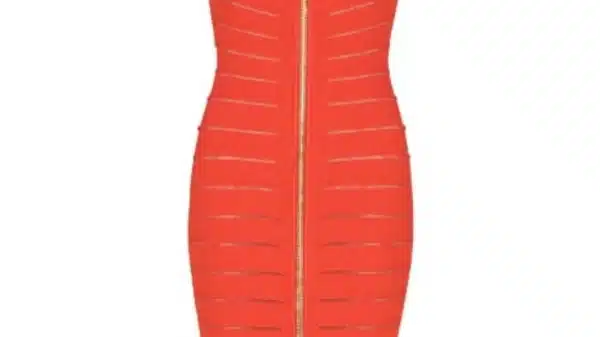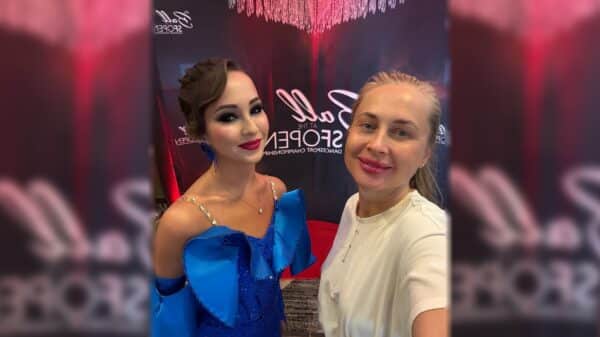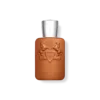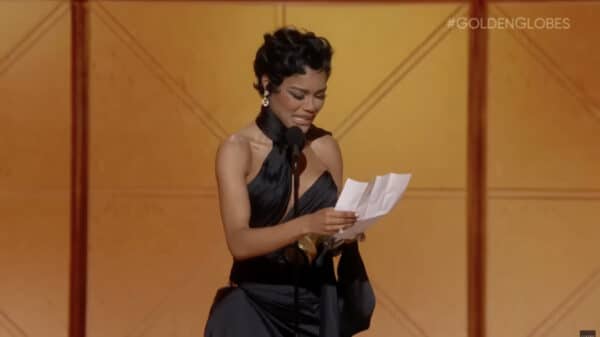Lululemon Athletica Inc. has embarked on a significant marketing overhaul as it seeks to reinvigorate its brand and address recent sales challenges. Historically viewed as a premium yogawear company, Lululemon aims to showcase its versatility by collaborating with high-profile athletes across diverse sports.
A Shift Towards Athletic Partnerships
Lululemon has recently shifted its strategy to feature prominent athletes who epitomize the brand’s spirit. Notably, American tennis sensation Frances Tiafoe donned Lululemon gear at the US Open, while golfer Max Homa showcased the brand’s apparel on the PGA Tour. This strategy marks a departure from Lululemon’s traditional marketing approach, which has operated with minimal reliance on conventional sports advertising.
Nikki Neuburger, Chief Marketing Officer of Lululemon, stated, “We’ve had a very big year of bringing on additional athletes, and we are now in real development.” This strategic move comes in response to declining stock prices, which have plummeted nearly 50% this year, erasing gains made during the pandemic. The company is now facing mounting pressure as it endeavors to reach a revenue target of €12.5 billion by 2026, despite analysts suggesting it may fall short by about €500 million.
Navigating Market Challenges
For over a decade, Lululemon has enjoyed remarkable success, becoming synonymous with stylish activewear, particularly its iconic black yoga pants. The brand also expanded considerably into the men’s market and attracted a younger demographic. However, recent evaluations indicate a slowdown in growth rates, with emerging competitors like Alo Yoga and Vuori gaining traction.
Simeon Siegel, an analyst at BMO Capital Markets, shared insights on the brand’s challenges, stating: “Lululemon is a strong brand, but it’s overstretched.” With shifting consumer preferences, Lululemon’s growth dynamics are more complicated than ever.
The Evolution of Branding Strategy
Initially, Lululemon thrived by fostering relationships with yoga instructors and influencers, opting to focus on wellness over traditional competitive sports. This evolution in strategy incorporates both its wellness roots and the recognition that partnering with well-known athletes can amplify its reach. New collaborations include tennis stars Leylah Fernandez and Frances Tiafoe, as well as golfers like Min Woo Lee and Max Homa.
Unlike larger competitors such as Nike and Adidas—who invest significantly in extensive athlete endorsement deals—Lululemon is taking a more selective approach. Neuburger noted, “We’re not paying as much as our rivals,” indicating a focus on creating authentic partnerships rather than simply filling rosters.
Risks and Opportunities in Athlete Collaborations
The inclusion of high-profile athletes, while transformative, carries inherent risks. Both Tiafoe and Homa have experienced varied results in their respective sports, which could influence public perception of the brand. As competition intensifies in the activewear industry, Lululemon also faces hurdles in the footwear realm, an important sector for growth. Although the brand has released several sneaker styles, it remains in the exploratory phase regarding footwear sales.
Currently, Lululemon is testing the waters with basketball collaborations, partnering with Jordan Clarkson to launch a co-branded apparel line. The brand is also extending its reach by becoming the official outfitter of the Canadian Olympic team and developing fan apparel for the NHL.
A Unique Brand Philosophy
Despite competing against larger brands, Lululemon aims to maintain a distinct philosophy that centers on the journey of wellness and performance, rather than solely on winning. Neuburger emphasized this sentiment, contrasting Lululemon’s mission with that of its competitors: “Ours is more about the journey as opposed to the destination.”
As Lululemon navigates this transitional phase, its decision to embrace a wider array of sports while highlighting the importance of wellness creates an opportunity to redefine its identity in a competitive landscape. The vision for the future could very well hinge on its ability to balance its roots in yoga with the allure of broader athletic engagements.
Image Source: Unsplash























